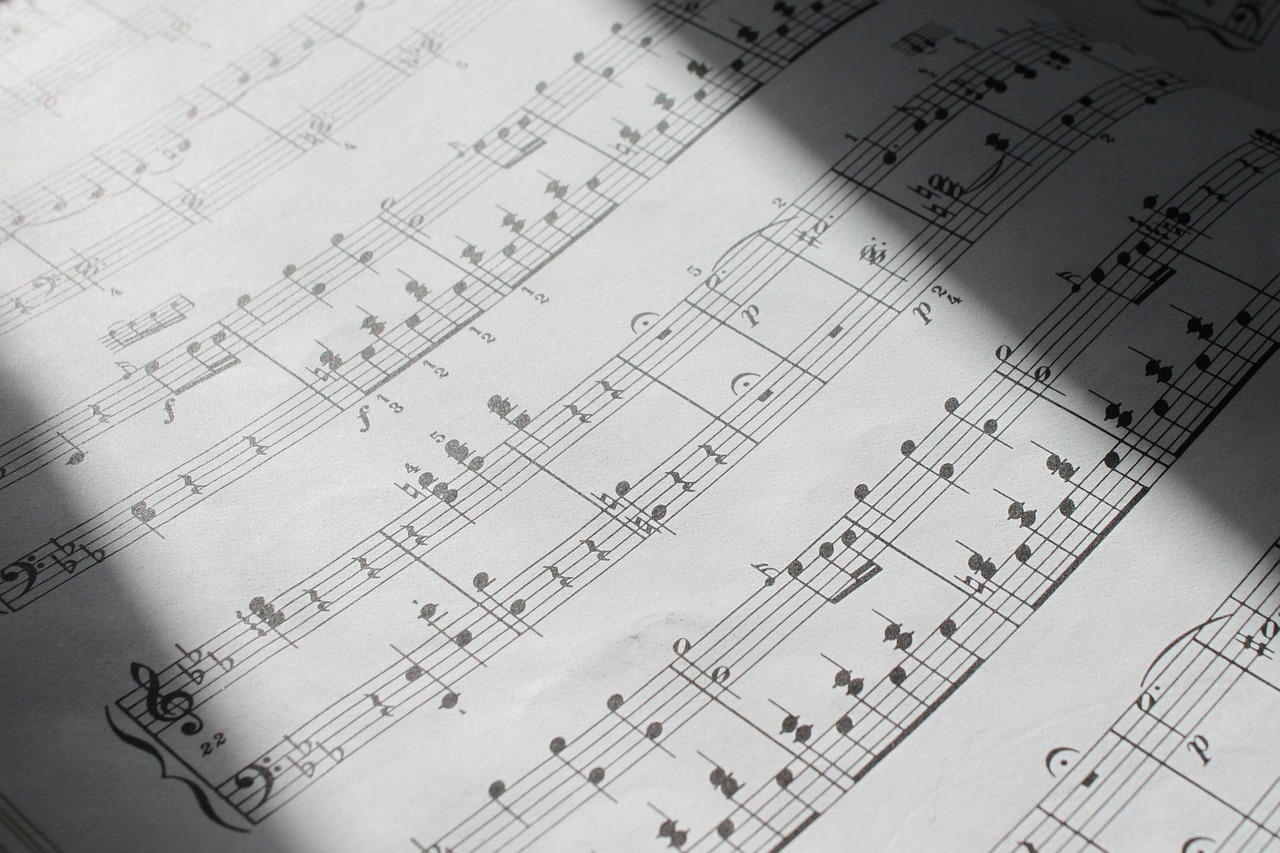Discovering the link between classical music, and improved productivity began my junior year in high school. I had a savvy biology teacher who knew that playing Beethoven to a classroom full of teenagers would have a positive effect on us whether we were taking a test, or dissecting a frog. To this day I have fond memories of that year, and nearly twenty years later she’s still teaching, and no doubt imparting her musical wisdom onto the next generation. It doesn’t take a scientist to tell us that music has remarkable effects on the brain, and why innovations like Baby Mozart are starting kids off from birth. Whether you’re listening to it at the office, or whilst cleaning the house, there’s a significant difference in overall mood, and project outcome when you’re working along to a cascading piano concerto versus a television infomercial blaring in the background.
What is it about classical music that has such a profound effect on how we perform? We use dance music to get us through a workout, and Bob Seger to fuel a road trip, but when it comes to getting some serious brain work done, nothing does it better than A Little Night Music. There’s an intellectual complexity about listening to the classics, which has been researched as the “Mozart Effect.” In a study published by the Center for the Neurobiology of Learning and Memory at the University of California, one of three groups of college students was evaluated after listening to 10 minutes of Mozart, resulting in a higher IQ test score in comparison to the other two groups.
Though we might not need the Mozart Effect to cram for SAT’s, classical music has been shown to improve stress response, lower blood pressure, and boost concentration. Many hospitals and imaging centers are taking a therapeutic approach to music finding that it has a cathartic effect on both their patient’s, and staff in what would often be an uncomfortable, and sometimes frightening environment. At the Rochester, Minnesota Mayo Clinic, one local radio station partnered with the hospital to stream the classics directly into patient rooms as a way to encourage healing, and provide comfort. Feeling on edge? The next time you find yourself in a stressful situation whether you’re stuck in traffic, or waiting at the airport, try playing a little Bach, and notice if it lifts your spirits. The benefits of this genre of music are often felt on a subconscious level, but the noticeable effect it has on overall health, and well being makes it well worth a change of tune.




